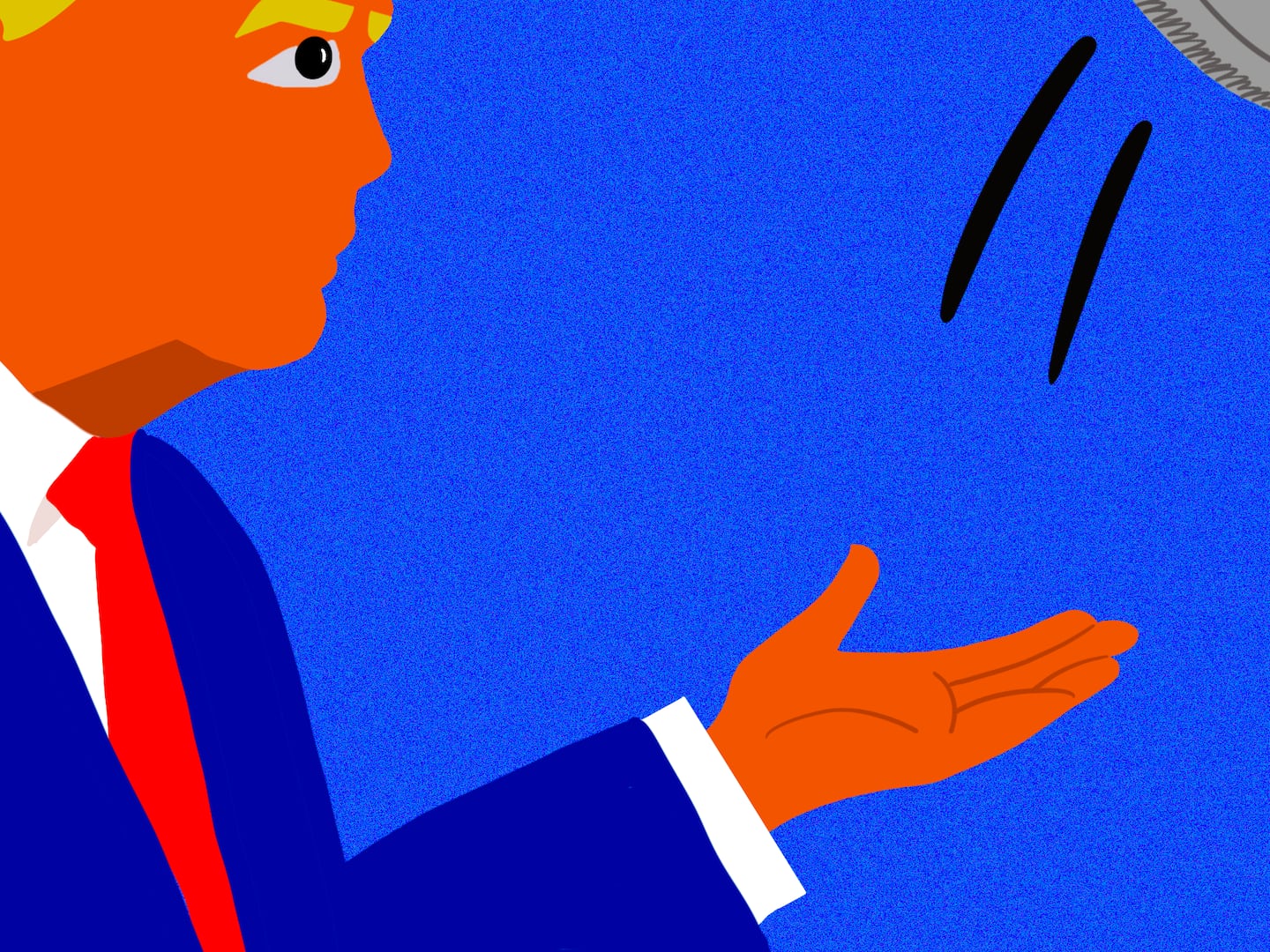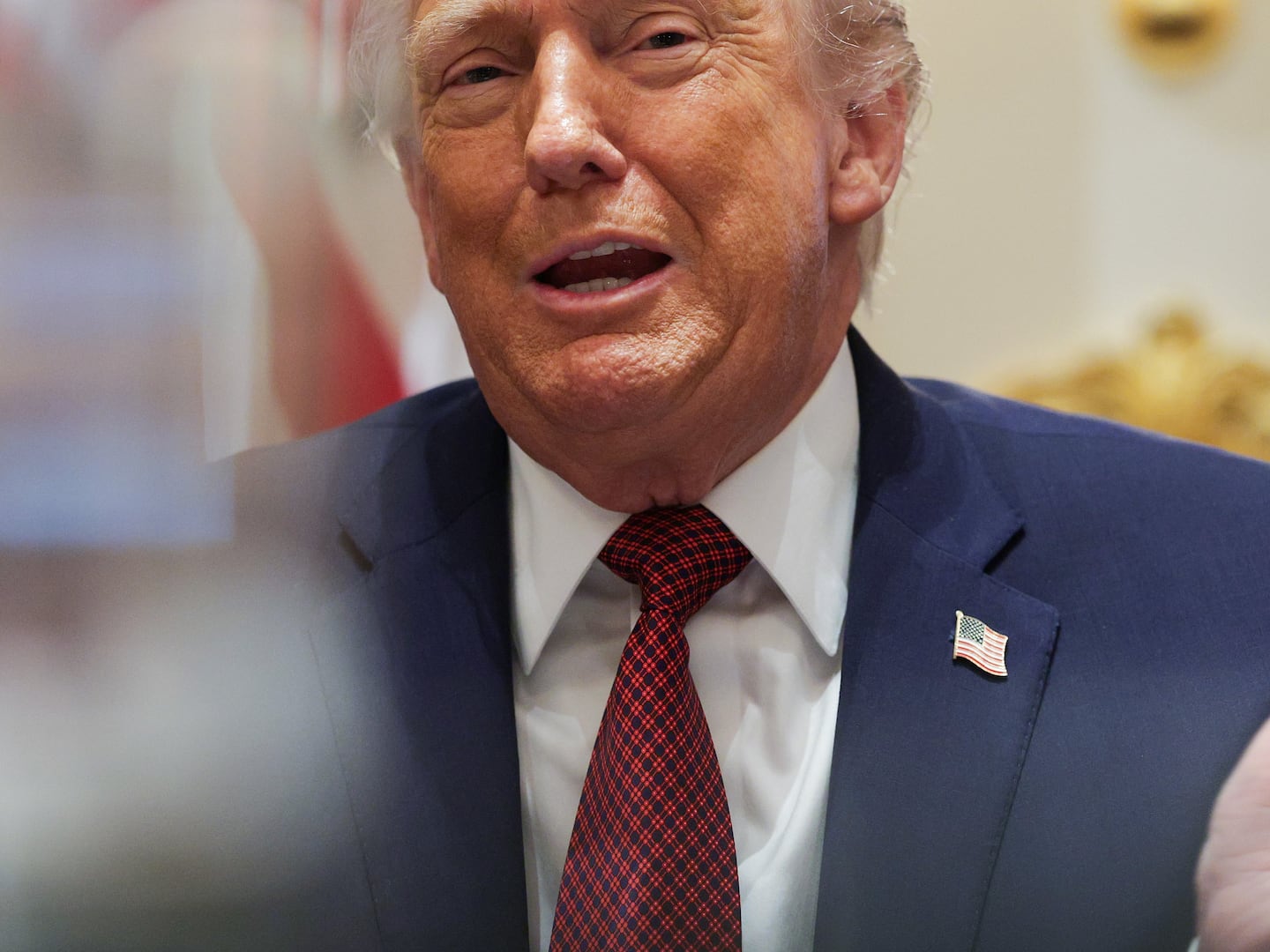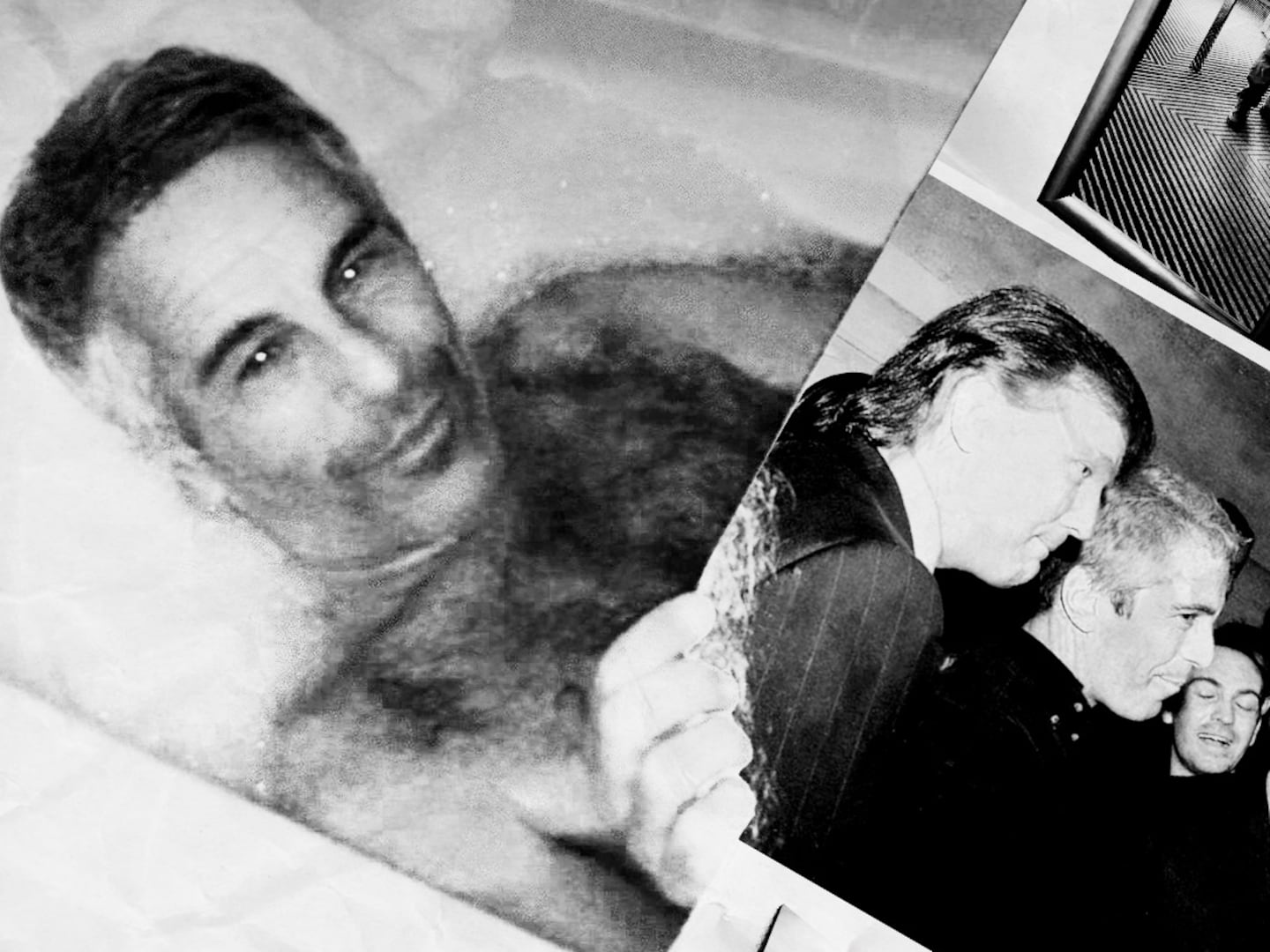What causes second-generation Muslim immigrants to turn to terrorism? In 2007, Britain's Prospect magazine published one of the very most interesting analyses of the question I've ever read, "My Brother the Bomber," based on interviews with the brother of the mastermind of the July 7, 2005, London terror attacks, Mohammed Sidiqui Khan.
[I]t takes about 30 years for a sizeable second generation to establish itself and then become frustrated with its status, both within its own community and the wider society.
This frustration arises in part from a question of identity. Whose culture and values do you affiliate with? Those of your parents or of your friends? Those of your community or of your country?
Hassan Butt, a former recruiter for the British jihadi network (the term violent Islamic extremists in Britain use to describe themselves), who twice met Sidique Khan, says that the reason radical Islamic movements in Britain have been able to recruit thousands of young Muslims is that they have managed to exploit this identity problem. ...
Religion—in this case a purified and politicised version of Islam, far from the traditional “folk” religion of the first generation—was a natural way of transcending this cultural dislocation. “Here come the Islamists and they give you an identity… you don’t need Pakistan or Britain. You can be anywhere in the world and this identity will stick with you and give you a sense of belonging.”
Butt also explained that traditional communities often inadvertently push their young into the arms of the radicals. Attitudes to jobs, dress, schooling and socialising all play their part in driving youngsters away from their parents’ generation. But one of the biggest factors that has helped the growth of British Islamic radicalism is marriage.
Islamism’s most important tenet is that Muslims should not be divided by race or nationalism—that all Muslims are one. It therefore can offer an Islamic route out of having to marry your cousin. Butt knows this because it happened to him. When, instead of marrying his cousin, Butt tried to marry his sweetheart, he found himself deploying the arguments of his Islamist recruiter against his own father—that compulsion in marriage is un-Islamic and that forced marriages were a cultural import from Hindu India. And when the forces of traditionalism refused to give consent, Butt, like many of his friends, ended up a pariah within his own community.
“When you’re cut off from your family,” Butt explained, “the jihadi network then becomes your family. It becomes your backbone and support.” He added that when you join it becomes impossible to leave because there is nowhere else to go. The network starts operating like a cult.





